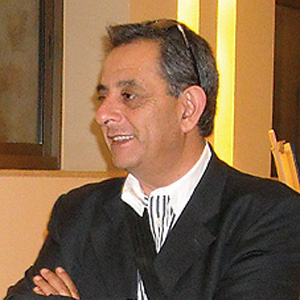It is obviously fine to use your timeline to post personal photos of your family, of weddings you’ve attended, of restaurants you’ve had a good time at with friends, and, of course, of your trip abroad. It is also fun to start a hashtag about your favorite singer or about the latest fashion fad. Facebook, Instagram, and Twitter, among hundreds of such products, are, after all, social networking software packages that are practically made for such things. I’m sure that by now you’re expecting the “but” or the “however.” Well here it comes! HOWEVER, in addition to the above, you can and even should use these social networking tools, also referred to as digital or new media, for more important purposes.
More and more people, including consumers and businesses, are relying on new media for their information. The business aspect of this is not the concern of this column, but it is worth mentioning that new media already plays a major role in business, and it is the future of advertising. What concerns me is the fact that, without a doubt, new media is competing with traditional media, e.g., television channels, radio stations, newspapers, magazines (TWiP for example!), etc., as a source of general news and information. New media has not yet overtaken the power of traditional media, but it surely competes with it and has already become a powerful tool that is causing a gradual shift in power centers, from media magnates to the individual sitting at home.
We can safely assume that all social and political activists today use the new media to advocate their causes. Palestinian activists are no exception and are, in fact, doing so to the best of their capacity as they challenge narratives and disseminate Palestinian perspectives. Last week, for instance, I followed a virtual debate that included several Palestinians and several right-wing Israelis. The often-heated debate spanned almost a week and was intriguing to follow, to say the least. It didn’t solve the Palestinian-Israeli conflict, but I’m certain that it gave food for thought to everyone who participated and to those who followed as well.
This is not a call for all Palestinians to start online debates with Israelis. Surely not everyone is born to be an activist. But this is a reminder that social media is a powerful tool that ought to be taken advantage of to do some good; preferably public good. Spread positivity, share valuable information, initiate a debate on certain topics such as social issues, connect people, complain when you see something is not right, share a worthy cause, call for justice, and instill some much-needed hope among your friends. What I’m saying is that apart from doing good to your own community and friends, you’d be underusing social media if you only show your individual identity when you could express to the world your collective identity that is being threatened. We Palestinians live in extraordinary circumstances, and we need to use all means available to tell our story.


